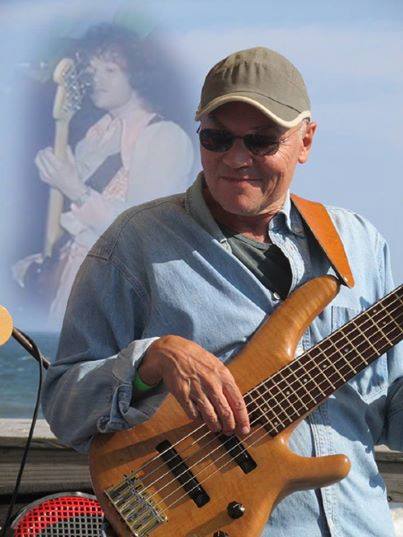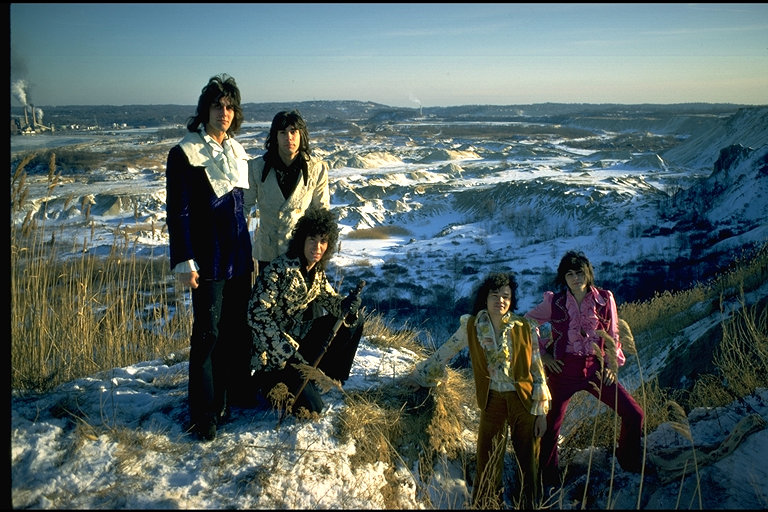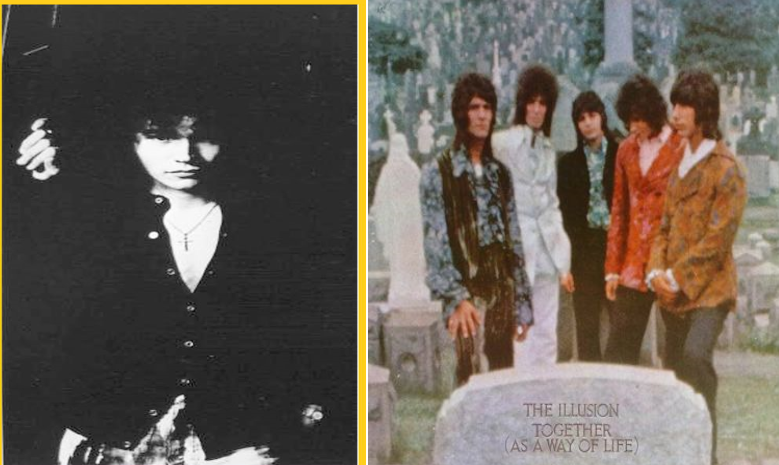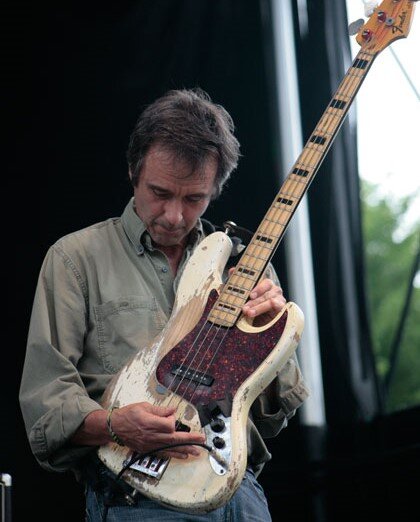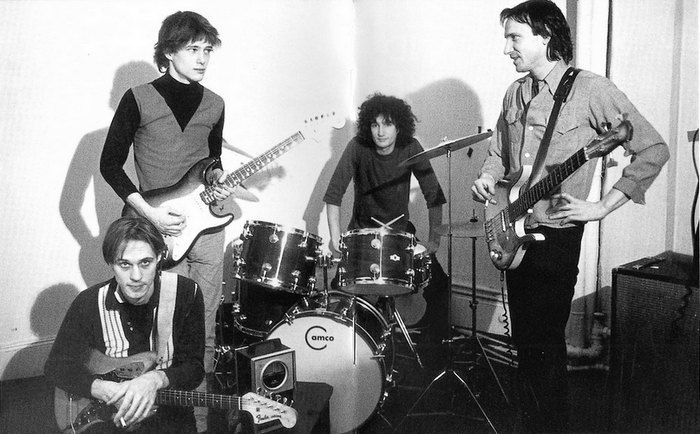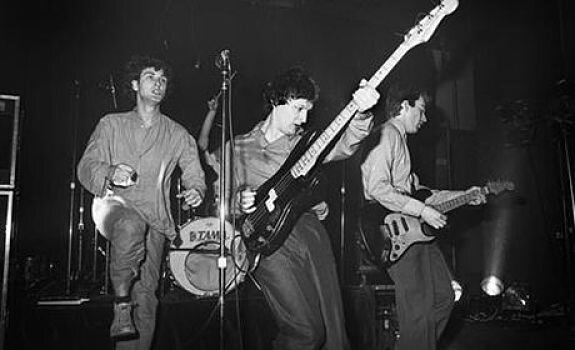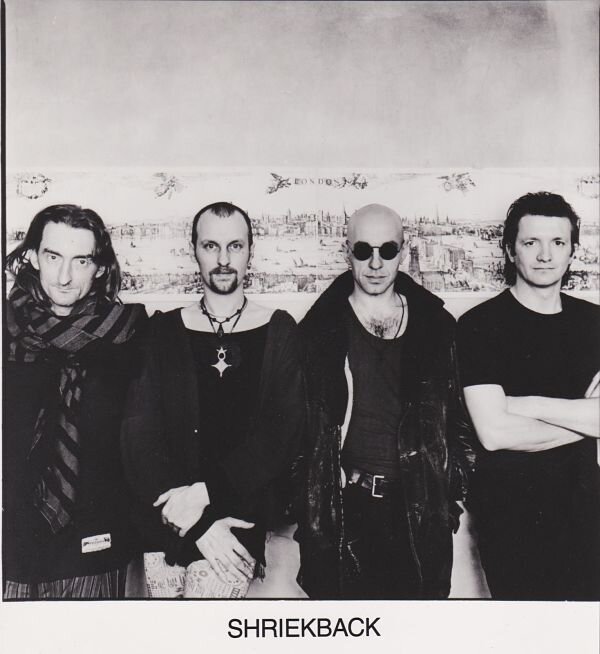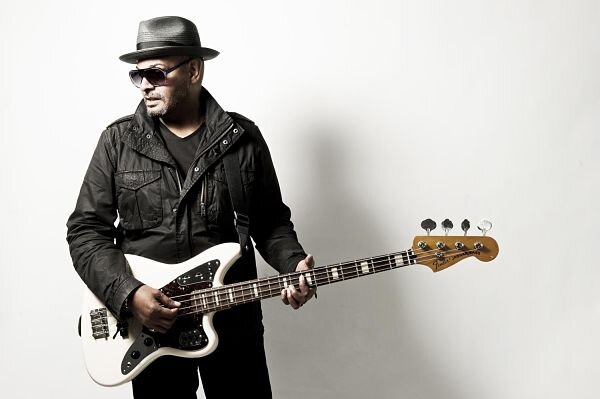Jack Blades (Night Ranger, Damn Yankees)


Courtesy of Hamer Com
By Thomas Semioli
Let’s talk versatility…let’s talk Jack Blades.
Inspired by The Beatles and especially Sir Paul, Blades commenced his career working the club circuit in a variety of local Southern California bands. Eventually he hooked up with funk rockers Rubicon, commandeered by former Sly & The Family Stone sax man Jerry Martini. Their two slabs Rubicon (1978) and America Dreams (1979) may not have scaled the charts – yet they showed promise for young Jack and his bandmate Brad Gillis.
Dig Jack slappin’ and poppin’ with Rubicon https://youtu.be/r6kkcN2dZBI
Following Rubicon’s split, Blades and Gillis formed Night Ranger which did scale the charts waxing a hits and platinum platters aplenty with Blades as the primary composer and lead vocalist.
Dig Jack and Night Ranger:
“Don’t Tell Me You Love Me” https://youtu.be/GSWPTU_krTY
“Rock in America” https://youtu.be/-RMA-1oWISQ
“Sister Christian” https://youtu.be/z92bmlcmyq0
“When You Close Your Eyes” https://youtu.be/UGLeg3y3b1U
“Sentimental Street” https://youtu.be/qLiFvZ8wMkA
Following Night Ranger’s split, Blades was back on the charts with Damn Yankees, an all-star ensemble comprised of Ted Nugent, Tommy Shaw, and Michael Cartellone.
Dig Jack and Damn Yankees
“High Enough” https://youtu.be/l_uh8XjgLTE
“Coming of Age” https://youtu.be/vCXYxGFbsBs
When Damn Yankees folded, Jack was back with Shaw / Blades…
Dig Jack with Shaw / Blades
“I’ll Always Be With You” https://youtu.be/hPuAkhsOkUQ
When Jack Blades isn’t composing hits for himself, he pens songs for a wide array of artists including Cher, Alice Cooper, Roger Daltrey, Vince Neil, and Ozzy. He’s hosted a syndicated radio shows; produced sides for Samantha 7, Great White, and Nugent, among others; and toured with Ringo’s All Star Band, and a reformed Night Ranger.
Akin to his hero Macca, Blades is the consummate song player who adapts his technique and tone to the song first and foremost. Blades’ primary weapon of choice these days is his signature Hamer bass.
Talk about versatility….





